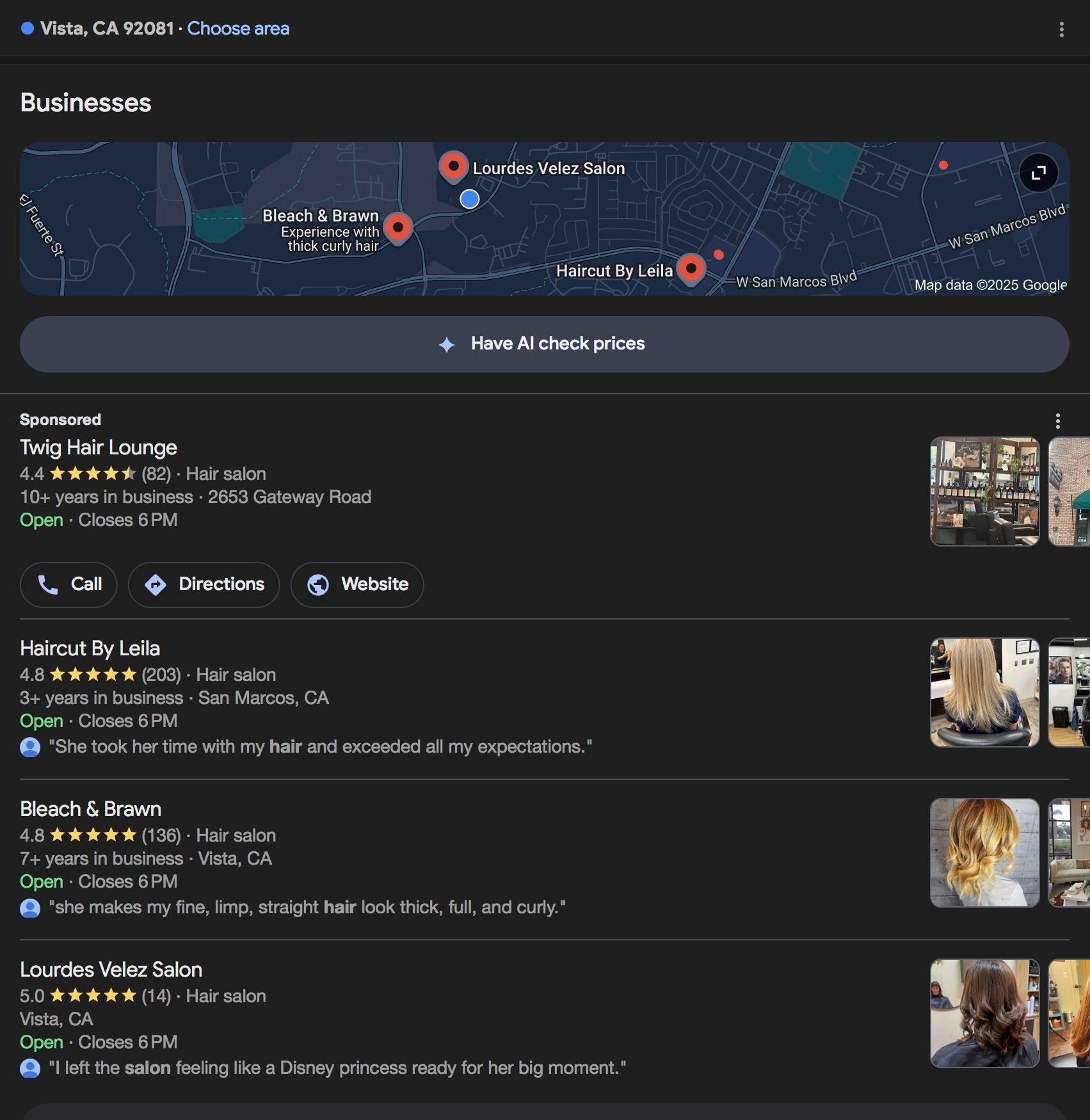Why Your Website Needs To Be ADA Compliant
Unlocking Accessibility: The Benefits of ADA Compliance for Your Website and Business

In today's digital landscape, accessibility is not just a choice but a necessity. As technology continues to evolve, it's crucial for businesses and website owners to understand the importance of creating an inclusive online environment. One essential aspect of website accessibility is adhering to the guidelines set forth by the Americans with Disabilities Act (ADA). In this article, we will explore why your website needs to be ADA compliant and how it benefits both your users and your business.
Ensuring Equal Access for All:
ADA compliance ensures that individuals with disabilities have equal access to the information and services provided on your website. By implementing accessibility features, you enable individuals with visual impairments, hearing disabilities, mobility limitations, and cognitive challenges to navigate and interact with your website effectively. This inclusivity demonstrates your commitment to equal opportunities and fosters a positive user experience for all visitors.
Legal Compliance and Avoiding Potential Lawsuits:
Non-compliance with ADA guidelines can result in legal repercussions, including costly lawsuits and damage to your brand's reputation. As the digital landscape becomes more regulated, ADA compliance is increasingly being enforced, and failure to comply can have serious consequences. Taking proactive steps to ensure your website is ADA compliant not only avoids legal issues but also demonstrates your dedication to social responsibility and inclusivity.
Expanding Your Target Audience:
By making your website ADA compliant, you open doors to a larger and more diverse audience. There are millions of individuals worldwide who have disabilities, and they represent a significant market segment that should not be overlooked. By providing an accessible website experience, you not only cater to the needs of these users but also create opportunities to engage and convert them into loyal customers.
Enhancing User Experience for All:
ADA compliance goes beyond legal obligations; it is about providing an exceptional user experience for everyone. Accessibility features, such as alternative text for images, keyboard navigation, and clear content structure, benefit all users, including those without disabilities. A well-structured and easily navigable website improves usability, reduces bounce rates, and increases user satisfaction, ultimately leading to higher conversions and better overall engagement.
Boosting SEO and Search Engine Visibility:
ADA compliance and search engine optimization (SEO) go hand in hand. Many accessibility best practices align with SEO guidelines, resulting in improved website performance and higher search engine rankings. Search engines value user-friendly websites that are accessible to all users, and ADA compliance plays a significant role in achieving those standards. By optimizing your website for accessibility, you enhance its visibility and attract more organic traffic.
Prioritizing ADA compliance for your website is not just about following regulations; it's about creating an inclusive online environment for all users. By ensuring accessibility, you demonstrate your commitment to equal access, avoid legal complications, expand your target audience, enhance user experience, and improve your website's overall performance.
At GoBeRewarded, we believe in designing and developing websites that are ADA compliant, enabling businesses to reach a wider audience while promoting inclusivity and equality.
We have partnered with
UserWay, a renowned ADA compliance solution provider, to ensure all our websites meet the highest standards of accessibility. By implementing UserWay's robust accessibility tools and features, we've taken significant steps to make their platform accessible to individuals with disabilities. Users can now enjoy a seamless browsing experience, with features like screen reader compatibility, keyboard navigation, and adjustable font sizes. With UserWay's expertise in ADA compliance, we demonstrate our commitment to providing equal access for all users, fostering inclusivity, and enhancing the overall user experience.





